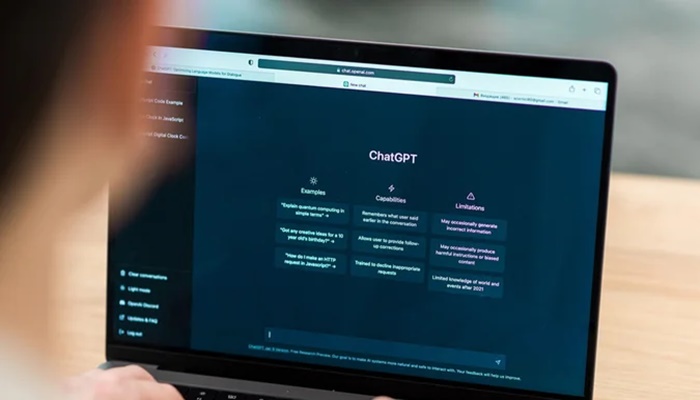Over the last 30 days, you’ve sent out more than 100 job applications, tailoring your resume and cover letter for each, regardless of whether the job matched your experience level. Yet, the response has consistently been the same: crickets.
There are many reasons you might not be receiving responses from the companies you’re applying to. Increasingly, however, artificial intelligence (AI) is likely playing a key role in what you are experiencing. AI is being used by both security job seekers and the companies that hire them. Often with unsatisfactory results for all parties.
Key areas where AI has the potential to affect your job search:
- Job seekers are increasingly using AI to craft resumes tailored for specific roles, ensuring all relevant keywords from the job description, those likely to be scanned by a company’s applicant tracking system, are included. However, recruiters are on top of this trend and can quickly detect when a resume or cover letter has been generated by AI. Once recruiters identify such content, they tend to disregard the application.
- Candidates using AI systems to generate resumes do so far more quickly than a human can. This means job openings that used to receive 100 resumes can now be deluged by more than 1,000 in an extremely abbreviated time. When this occurs, companies shut down the application portal for that role because their recruiters are overwhelmed.
- Companies program their applicant tracking systems and other AI-driven tools to scan resumes before a human recruiter sees them. You may be automatically rejected by AI, and your resume may never be seen by a person. Additionally, companies often cap the number of applicants they will accept for any given search, regardless of whether those resumes match the job. If your resume is sent past the arbitrary cap, you won’t be considered unless they re-open the search.
- AI doesn’t always create correct job descriptions. Companies use their internal AI systems to generate position profiles. Their systems are customized to reflect the terminology and style commonly used by the organization in its business operations. For roles that are less often recruited — such as security positions — language specific to those positions might be drawn from an external AI system. If the recruiter doesn’t regularly recruit for security roles, does not review the output, and relies solely on AI to generate the description, the language describing the role may not be correct or even make sense.
- LinkedIn, widely used by job seekers, extensively utilizes AI to change the algorithms recruiters use on its site. Recruiters posting into job slots attached to their company page can screen for various candidate pluses and minuses not based on the recruiter’s choices but based solely on options LinkedIn has concluded are broadly most effective. These options are significantly limited as far as security industry skills and competencies. Your specialized security industry experience is likely underrepresented or not present in LinkedIn’s databases.
- LinkedIn also uses AI to surface candidates for recruiters. When the recruiter posts a job in a job slot, LinkedIn’s AI system instantly delivers all the candidates in its database who meet the requirements based on an ever-changing algorithm that considers many varied factors. For instance, when we post a position in our LinkedIn job slot, it’s common to immediately be served between one thousand and two thousand “ideal candidates.” LinkedIn’s security categories are marginal; therefore, the AI response is often wildly off target.
- If a recruiter posts a job listing on LinkedIn that is not in a job slot, the recruiter is relying on followers to respond to the job after seeing it in their feed. LinkedIn’s AI algorithms determine what posts you see and when you see them. If you have thousands of posts in your feed, you may never see that security job that’s perfect for you.
- If you have created a profile on platforms like LinkedIn, Indeed, or Glassdoor, you will be served jobs that the AI algorithms these services use think you are a match for. Again, if your specialized security ability is not included in the databases of these providers, they are not going to send you the jobs you are looking for.
Use of AI is a double-edged sword for both job seekers and the companies looking to hire them. What has the appearance of an invaluable aid may turn out to be a handicap. There is still no substitute for using your own efforts and judgment when searching for your next security job.




















